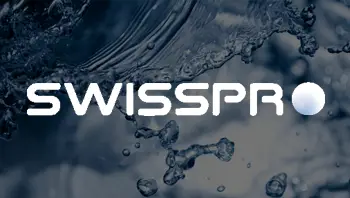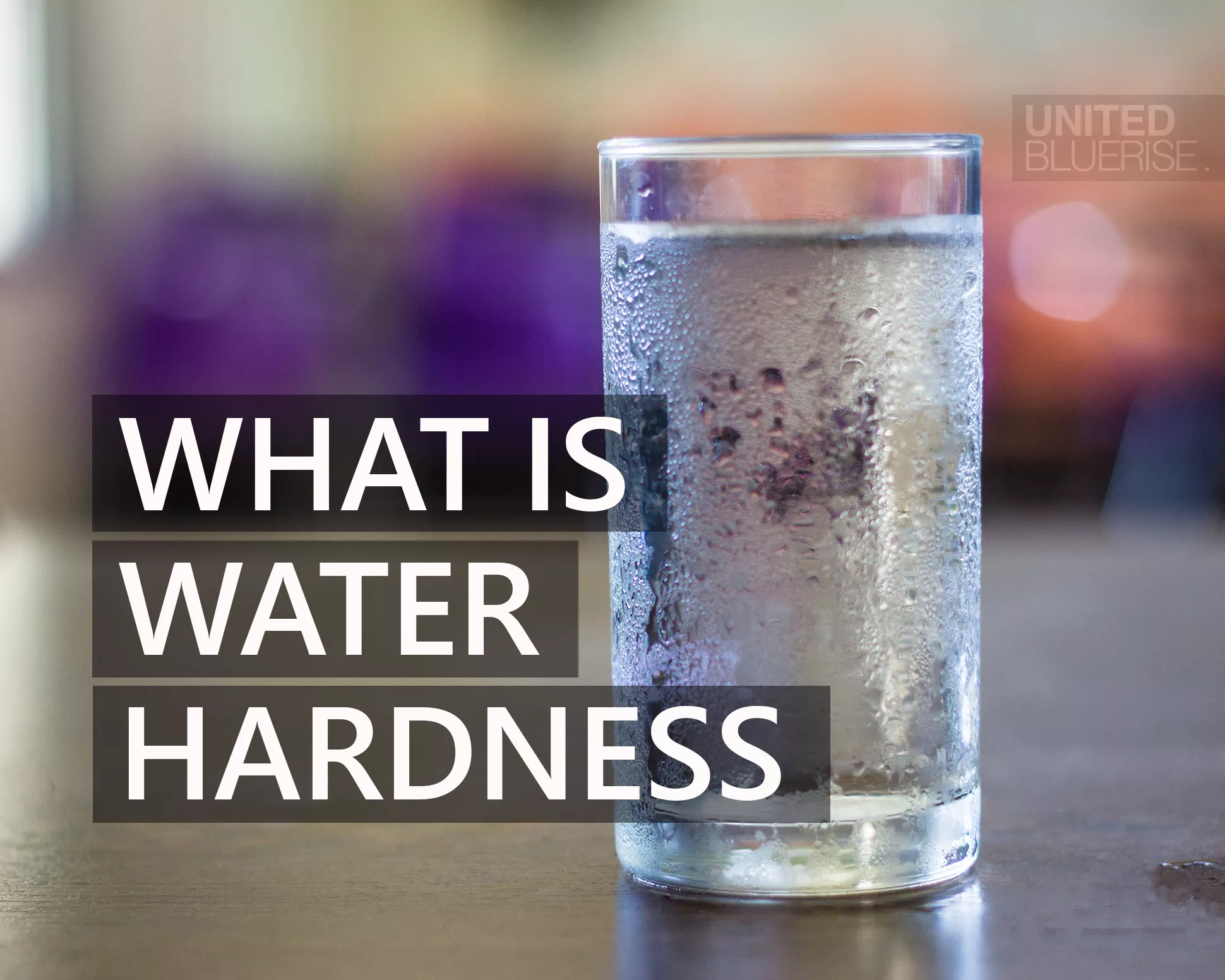Water hardness is a common issue that affects the quality of water in many parts of the world. It refers to the amount of dissolved minerals, such as calcium and magnesium, in the water. Hard water is not a health hazard, but it can cause problems in households, industries, and agriculture. In this article, we will discuss the types of water hardness, applications, disadvantages, and health problems caused by hard water.
Types Of Water Hardness
Water hardness can be classified into two types: temporary hardness and permanent hardness.
- Temporary hardness is caused by the presence of bicarbonates and carbonates of calcium and magnesium. When water containing these minerals is heated, it forms a white precipitate called scale. This scale can accumulate in pipes, water heaters, and other appliances, reducing their efficiency and lifespan.
- Permanent hardness is caused by the presence of sulfates, chlorides, and nitrates of calcium and magnesium. These minerals cannot be removed by boiling the water and can cause the same problems as temporary hardness.
Impacts Of Hard Water
Hard water is not harmful to human health, but it can cause several problems in households, industries, and agriculture. Some of the applications of hard water are:
- Households: Hard water can leave stains on clothes, dishes, and surfaces. It can also cause skin irritation and dryness, as well as make it harder to lather soap and shampoo.
- Industries: Hard water can affect the performance of boilers, cooling towers, and other equipment, leading to increased maintenance costs and downtime. It can also reduce the effectiveness of detergents and cleaning agents, increasing the amount of water and chemicals needed for cleaning.
- Agriculture: Hard water can affect the growth and yield of crops, as well as the quality of livestock drinking water. It can also cause blockages and corrosion in irrigation systems, reducing their efficiency and lifespan.
Disadvantages Of Hard Water
Some of the disadvantages of hard water are:
- Increased Energy Consumption: Hard water can cause a buildup of scale in water heaters and other appliances, reducing their efficiency and lifespan. This can lead to increased energy consumption and higher utility bills.
- Reduced Lifespan Of Appliances: Scale buildup can also reduce the lifespan of appliances such as dishwashers, washing machines, and coffee makers, leading to more frequent repairs and replacements.
- Increased Cleaning Costs: Hard water can make it harder to lather soap and shampoo, and can also cause stains on clothes and dishes. This can lead to increased cleaning costs and more frequent replacements.
- Reduced Crop Yield: Hard water can affect the growth and yield of crops, reducing the income of farmers and increasing food prices for consumers.
Health Problems Caused By Hard Water
Although hard water is not a health hazard, it can cause some health problems in certain individuals. Some of the health problems caused by hard water are:
- Skin irritation and dryness: Hard water can strip the skin of its natural oils, causing irritation and dryness. This can lead to itching, redness, and rashes, especially in people with sensitive skin.
- Hair damage: Hard water can make hair brittle and dull, leading to split ends and breakage. It can also cause scalp irritation and dandruff.
- Kidney stones: Hard water can contribute to the formation of kidney stones, especially in people with a history of kidney stones or a family history of kidney disease.
Water hardness is a common issue that affects the quality of water in many parts of the world. It can cause problems in households, industries, and agriculture, as well as some health problems in certain individuals. Understanding the types, applications, disadvantages, and health problems caused by hard water can help individuals
Water purifiers can be an effective solution to alleviate the issues caused by hard water. By removing minerals from water, water purifiers can improve the efficiency and lifespan of appliances, reduce the amount of cleaning products needed, and prevent some health problems caused by hard water.
Article:QL-7112







